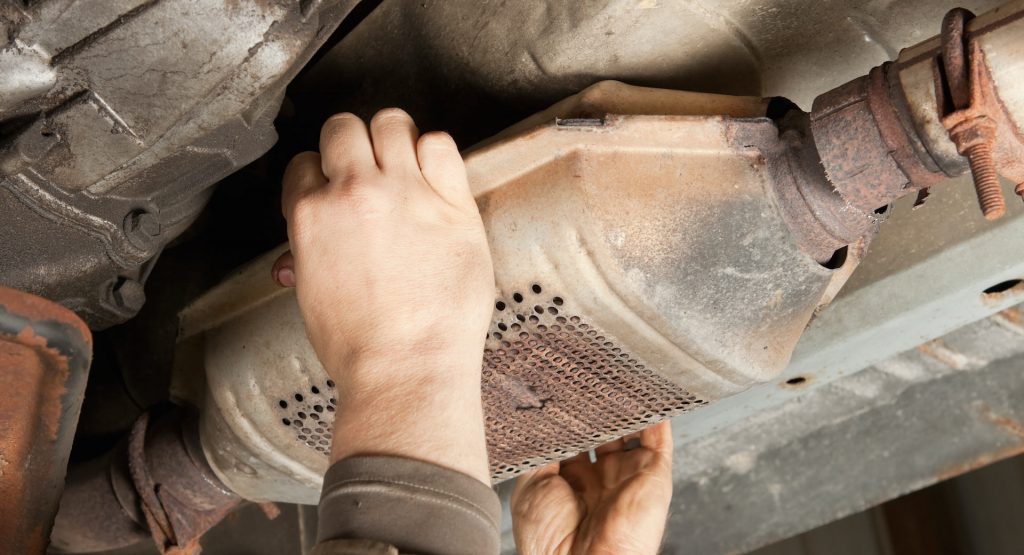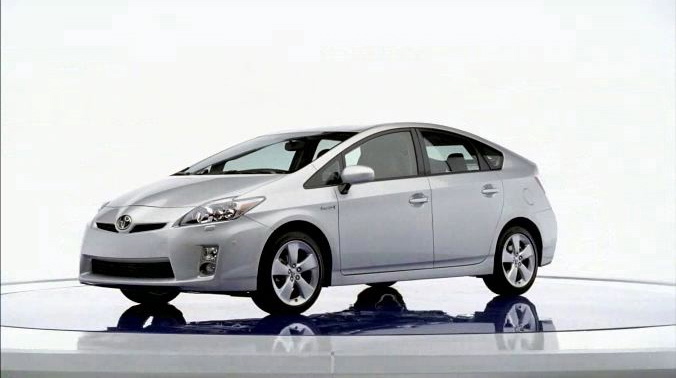While California’s Prius owners continue to be targeted by catalytic converter thieves, it would seem that many find themselves waiting to obtain replacements. And with thousands of owners already in the queue, this could take months.
Catalytic converter thefts have skyrocketed in recent times, primarily due to the valuable metals contained within. The soaring prices of these metals, such as rhodium, palladium, and platinum, make these components incredibly attractive to thieves. Hybrids, such as earlier models of the Toyota Prius, are specifically targeted because they have a higher concentration of such metals than pure-ICE vehicles.
Read: California Bill Could Give Consumers $2,000 To Convert Gas Cars To Electric

For Prius owners in California, the situation is getting out of hand, reports the Los Angeles Times. Some owners interviewed have been quoted anywhere between six to eight months by Toyota dealerships, leaving many without a viable transport option for close to a year. Independent auto repair shops are struggling to keep up with the demand too, but some have yielded quicker turnaround times. One couple, who own both a Prius and a Toyota Highlander, found that their pure-ICE SUV’s cat was replaced in a matter of days, while the hybrid still waits for a suitable replacement seven months later.
In addition, the shortage of catalytic converters has driven up their prices, causing financial strain on many Prius owners. Insurance companies are also feeling the effects, as they face an increasing number of claims related to converter thefts. Any replacement catalytic converter has to be approved by the California Air Resources Board. Toyota-sold ones run for about $1,800, while a model from Magnaflow retails for $2,800, with both being sold out at most places.
Related: Feds Bust Theft Ring That Allegedly Stole Some $2 Million In Catalytic Converters

Meanwhile, law enforcement agencies may have been working to address the issue, but their efforts seem to be falling short. While some cities have implemented mandatory marking and tracking systems for converters, the overall effectiveness of such measures remains uncertain. Soon in California, it may be illegal for individuals to possess a catalytic converter without proof of ownership. But at the same time, a bill that mandated that automakers etch identification marks in the valuable pieces of the exhaust system failed.
Amidst the challenges, some drivers have taken matters into their own hands. They’ve resorted to purchasing and installing aftermarket security devices to deter thefts, hoping to safeguard their vehicles from potential incidents.
Have you been a victim of catalytic convert theft in the recent past? Let us know your experience and thoughts in the comments below.





